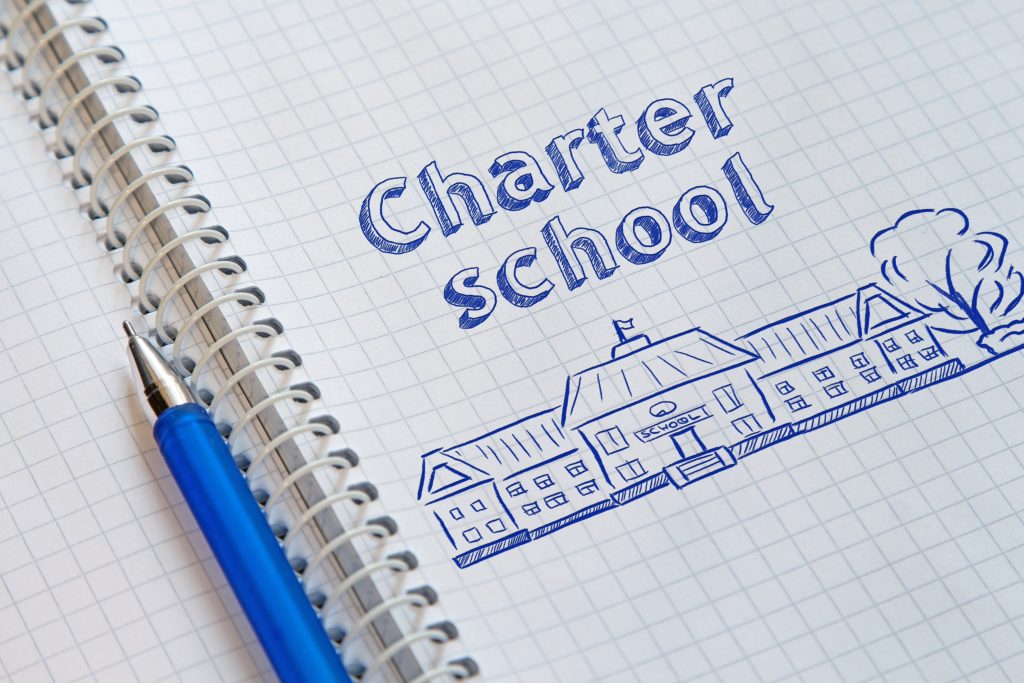A Pennsylvania group made up of members of locally-elected, volunteer school boards across the state is urging the General Assembly to take action to reform the funding system for charter schools.
Pennsylvania’s current charter-school funding formula was established in 1997 as part of the state’s Charter School Law, and hasn’t been changed in the 25 years since.
Lawrence Feinberg, director of the Keystone Center for Change, operated by the Pennsylvania School Board Association, said the group is advocating for two main issues to ensure school districts and taxpayers are not overpaying or reimbursing charter schools for costs they do not have.
“The first is that we’d like to see a single, statewide tuition rate for ‘cyber’ charter schools that reflects the actual cost to deliver education in a virtual environment,” Feinberg outlined. “The second is the special-ed funding formula for charters to work the same way that it does for our district schools.”
Feinberg pointed out the latter would address the severity of a child’s disability and the related costs. More than 160 brick-and-mortar and 14 ‘cyber’ charter schools educate 135,000 students, according to the Pennsylvania Department of Education.
Despite bipartisan support for charter-school funding reform, there’s been no action in the General Assembly on House Bill 272 or its companion, Senate Bill 27.
Feinberg emphasized the House bill has more 70 co-sponsors, and about 20% are Republicans. He added neither the House nor Senate Education Committee chair has moved the cost-saving bills forward.
“If those bills were approved by the legislature, signed by the governor, then the tuition rates would be adjusted,” Feinberg asserted. “It’s estimated that would result in about $400 million in savings for taxpayers through their school districts.”
He added overpayment for services results in fewer resources for the students in public schools, which translates to having fewer math and reading coaches, nurses, social workers and more, particularly in the most underfunded districts.
The Keystone Center for Charter Change includes members of 435 of the state’s 500 school districts.
Un grupo de Pensilvania formado por miembros de juntas escolares voluntarias elegidas localmente en todo el estado esta instando a la Asamblea General a tomar medidas para reformar el sistema de financiacion de las escuelas charter.
La formula actual de financiacion se establecio en 1997 como parte de la Ley de escuelas charter del estado y no ha cambiado en los 25 anos transcurridos desde entonces.
Lawrence Feinberg, quien dirige el Keystone Center for Charter Change, dice que el grupo aboga por dos cuestiones principales para garantizar que los distritos escolares y los contribuyentes no paguen de mas ni reembolsen a las escuelas charter costos que no tienen.
“La primera es que nos gustaria ver una tasa de matricula unica a nivel estatal para que las escuelas charter “ciberneticas” reflejen el costo real de brindar educacion en un entorno virtual. Y el segundo es la formula de financiamiento de educacion especial para que las escuelas charter funcionen de la misma manera que lo hacen las escuelas de nuestro distrito”, comento el entrevistado.
Feinberg agrega que este ultimo abordaria la gravedad de la discapacidad de un nino y los costos relacionados.
Segun el Departamento de Educacion de Pensilvania, mas de 160 escuelas fisicas y 14 “ciberneticas” charter educan a 135,000 estudiantes.
A pesar del apoyo bipartidista a la reforma de la financiacion de las escuelas charter, no ha habido ninguna accion en la Asamblea General sobre el Proyecto de ley 272 de la Camara de Representantes o su companero, el Proyecto de Ley 27 del Senado.
Feinberg explica que el Proyecto 272 tiene mas de 70 copatrocinadores, y alrededor del 20% son republicanos. El ahonda que ni el presidente del Comite de Educacion de la Camara ni el del Senado han hecho avanzar estos proyectos de ley para ahorrar costos.
“Si esos proyectos de ley fueran aprobados por la legislatura, firmados por el gobernador, entonces se ajustarian las tasas de matricula. Se estima que eso resultaria en alrededor de $400 millones en ahorros para los contribuyentes a traves de sus distritos escolares”, anadio el director del Keystone Center for Charter Change.
El agrega que sobrepagar por servicios resulta en menos recursos para los estudiantes de las escuelas publicas. Eso se traduce en tener menos entrenadores de matematicas y lectura, enfermeras, trabajadores sociales y mas, particularmente en los distritos con menos fondos.
El Keystone Center for Charter Change incluye miembros de 435 de los 500 distritos escolares del estado y es parte de la Asociacion de la Junta Escolar de Pensilvania.




